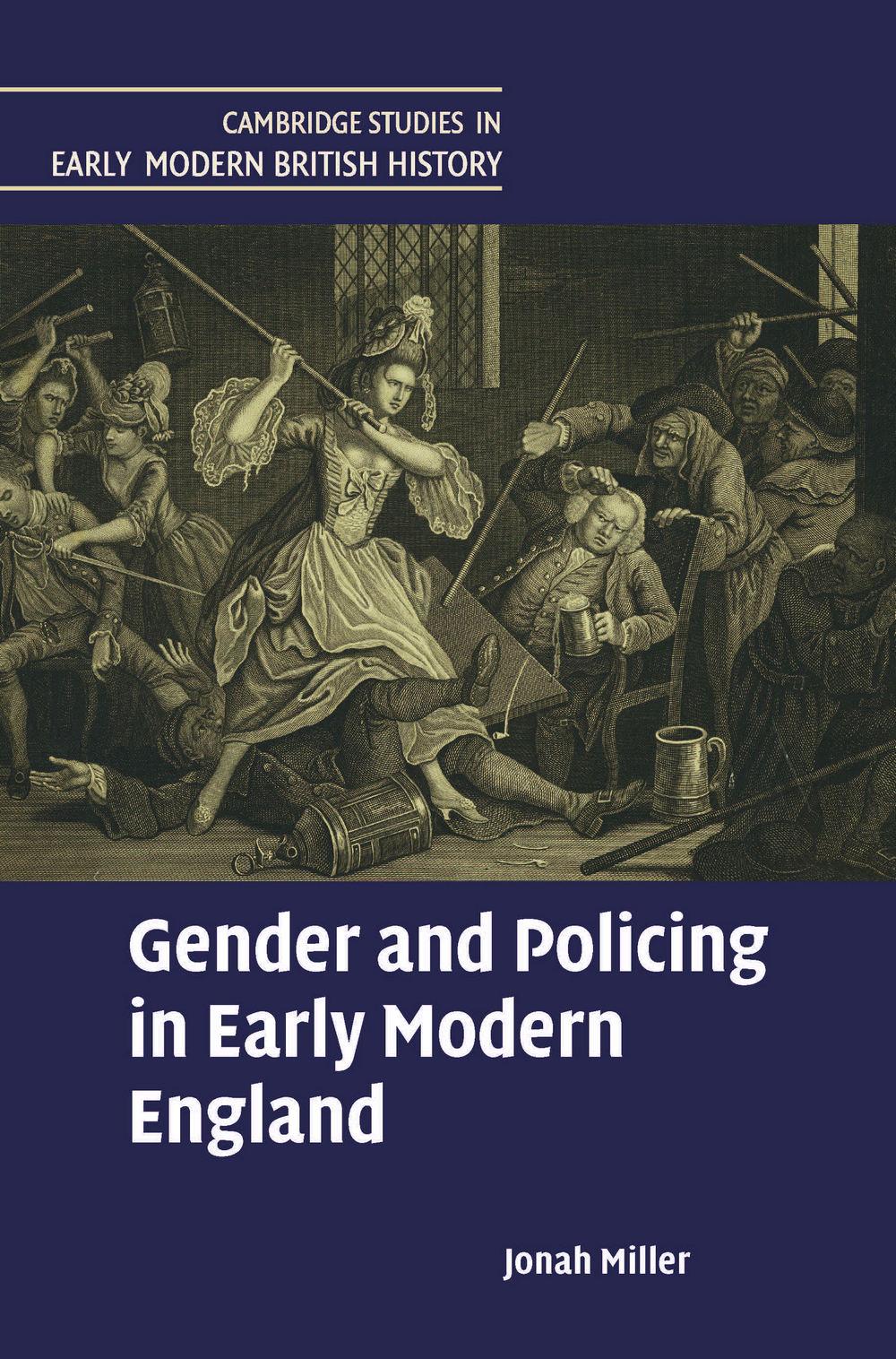Gender and Policing in Early Modern England
Policing has always been gendered but not always in the same way. This book argues that the early modern period saw the beginnings of a fraternal, specialised, and highly masculine style of policing, some elements of which remain with us to this day. This was made possible by a break from older practices of local government by heads of household. Lawyers redefined certain kinds of officeholding, separating official authority from personal identity so that some officers were no longer required to be patriarchs.
Over the seventeenth and early eighteenth centuries, primarily in London, policing by patriarchal amateurs began to give way to policing by fraternities of unmarried men who were paid for their work. These new officers developed a distinctive masculine culture and exercised their powers according to presumptions about gender and social status, especially targeting poorer women.
By uncovering this story, Gender and Policing in Early Modern England sheds new light on the histories of law enforcement, officeholding, and early modern state formation. It tells the story of a major turning point in the history of policing and puts gender at its heart.
Image

Page credits & information
Miller, J. (2023) Gender and policing in early modern England. (Cambridge studies in early modern British history).
